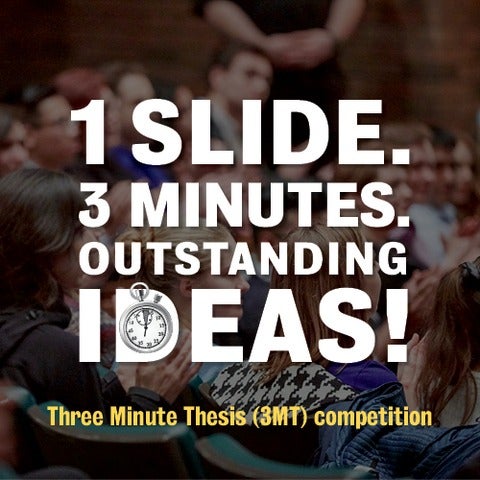Seminar - “Hydrogen and the Future of the Energy System… and Multi-Scale Modelling Tools for Fuel Cell Development”, J.G. Pharoah, Queen’s-RMC Fuel Cell Research Lab, Queen’s University, Kingston, Ontario
ABSTRACT: Fuel cells inherently involve phenomena occurring over a wide range of length scales, from the molecular scale on electro-catalyst surfaces through various scales of porous media including catalyst layers, micro-porous layer porous transport layers, to gas supply channels within a cell and finally to the manifolds at the stack scale. In total, length scales spanning about 10 orders of magnitude are of interest to the fuel cell developer.
